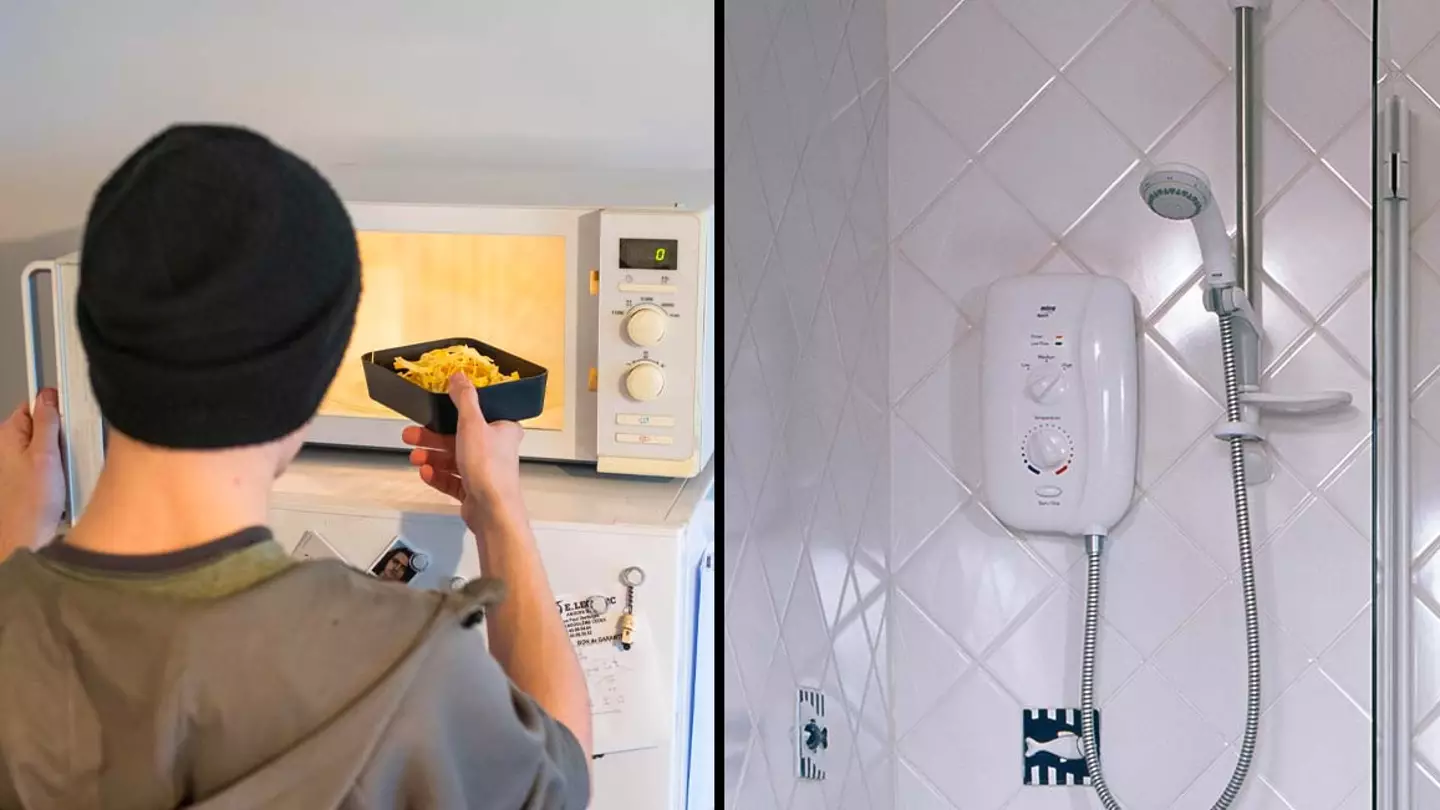
As you’ve no doubt heard, the UK’s energy price cap has been increased today (1 April), meaning that millions of homes across the country face a significant rise in their bills for both electricity and gas.
Obviously, these are troubling times for many people, as times are hard enough without this, and even the Money Saving Expert himself Martin Lewis has said that he’s never seen anything like the current cost of living crisis.
This change in tariff that has come into effect today means that the price per Kilowatt (kW) hour of electricity used is 28.3p – which is a lot, and amounts to the biggest increase in energy costs in living memory.
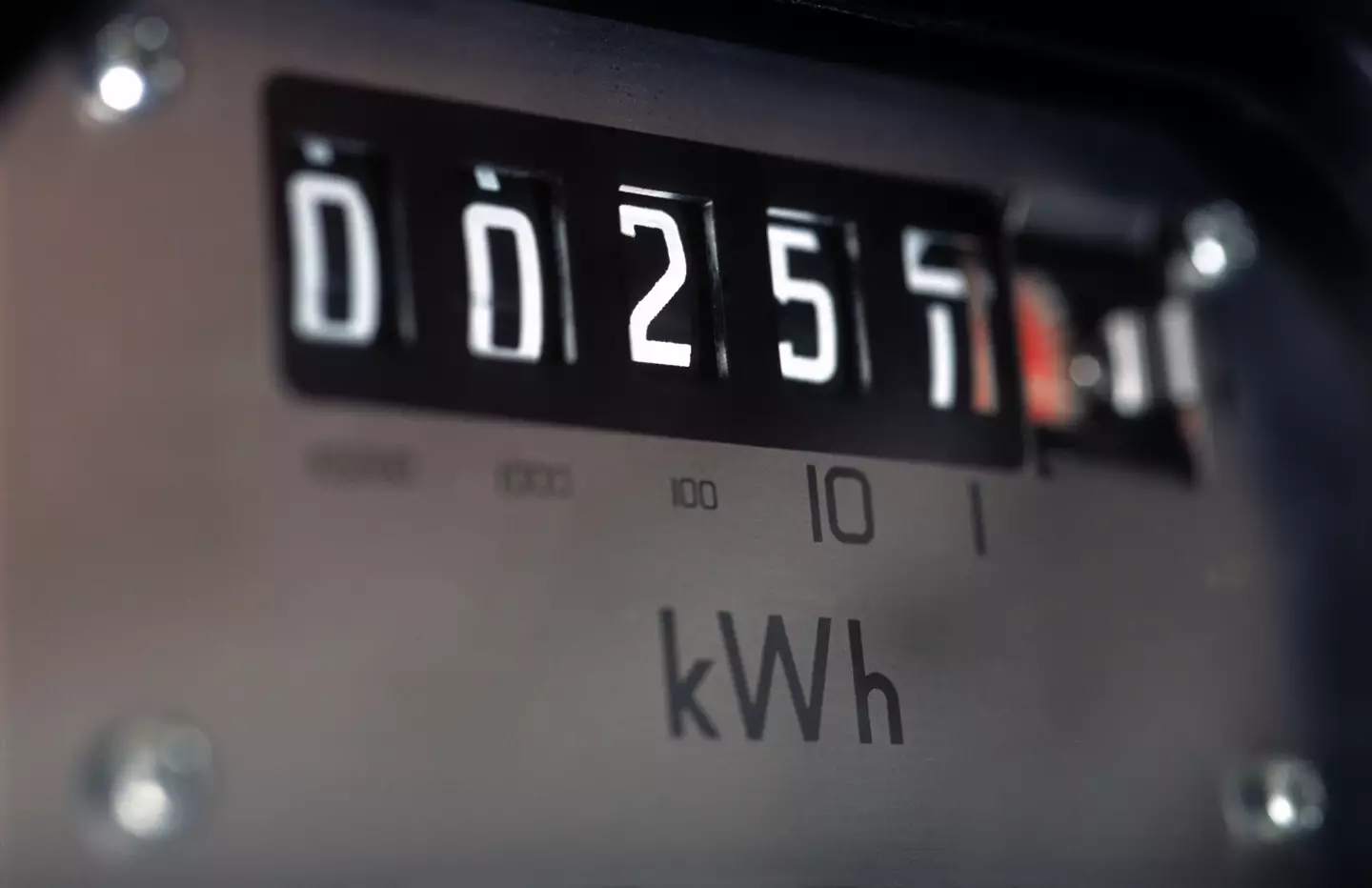
Advert
But that can often seem quite abstract and confusing, so – in the interest of clarity – we’ve had a look at what this means with regards to some appliances and electrical goods that we use in our everyday lives.
Before we begin, it’s worth remembering that we’re working from a calculator on Sust-It.net that you can use to automatically cost up the electrical cost of your own appliances, just don’t take it as absolute gospel.
First off, if you have an electric shower, you might want to start cutting down on the time you spend in there.
If you have an electric shower that runs at 10.8kW you’ll now be paying 50.40p for a 10 minute shower, and £183.96 for the whole year’s usage, approximately.
That’s around a £46 increase.
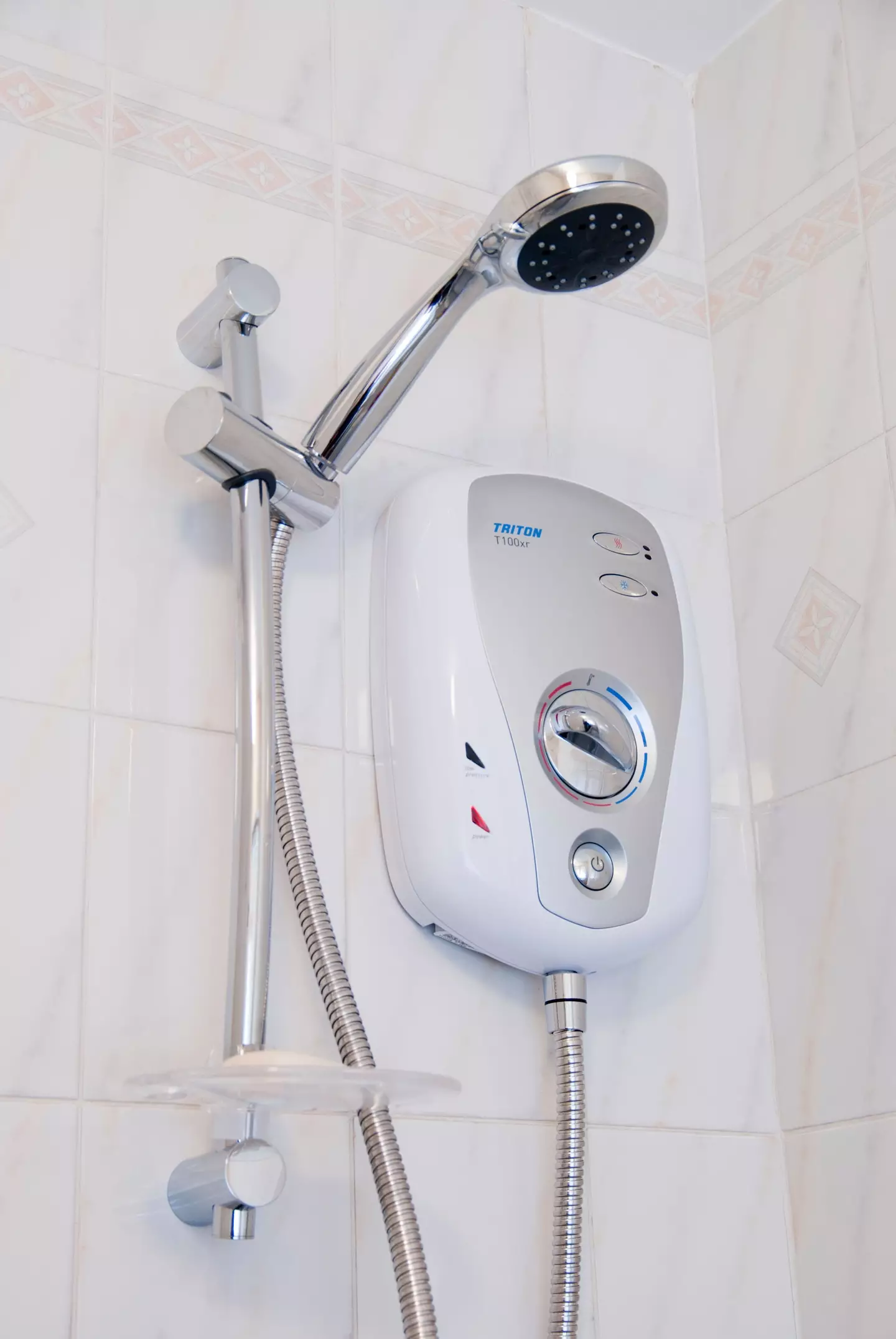
Even the lowest wattage showers will still cost 35p per 10 minutes and £127.75 for the whole year.
On to kettles – which most people use more than once every day – there’s another large increase, with even a basic kettle costing £57.42 to run for a year, up from £43.06.
If you haven’t got energy saving lightbulbs into your house yet, you just might after this, as the cost of running a 40W lightbulb for the year will now be around £18.40, a 60W will cost £27.59 annually, and 100W a whopping £45.99.
The good news on this front is that energy saving lightbulbs will save you about 80 percent of that.
There’s a small change that you can make for both the planet and your wallet.
If you are against food waste and reheat a lot of leftovers, the new energy tariff will cost more on the microwave, too.
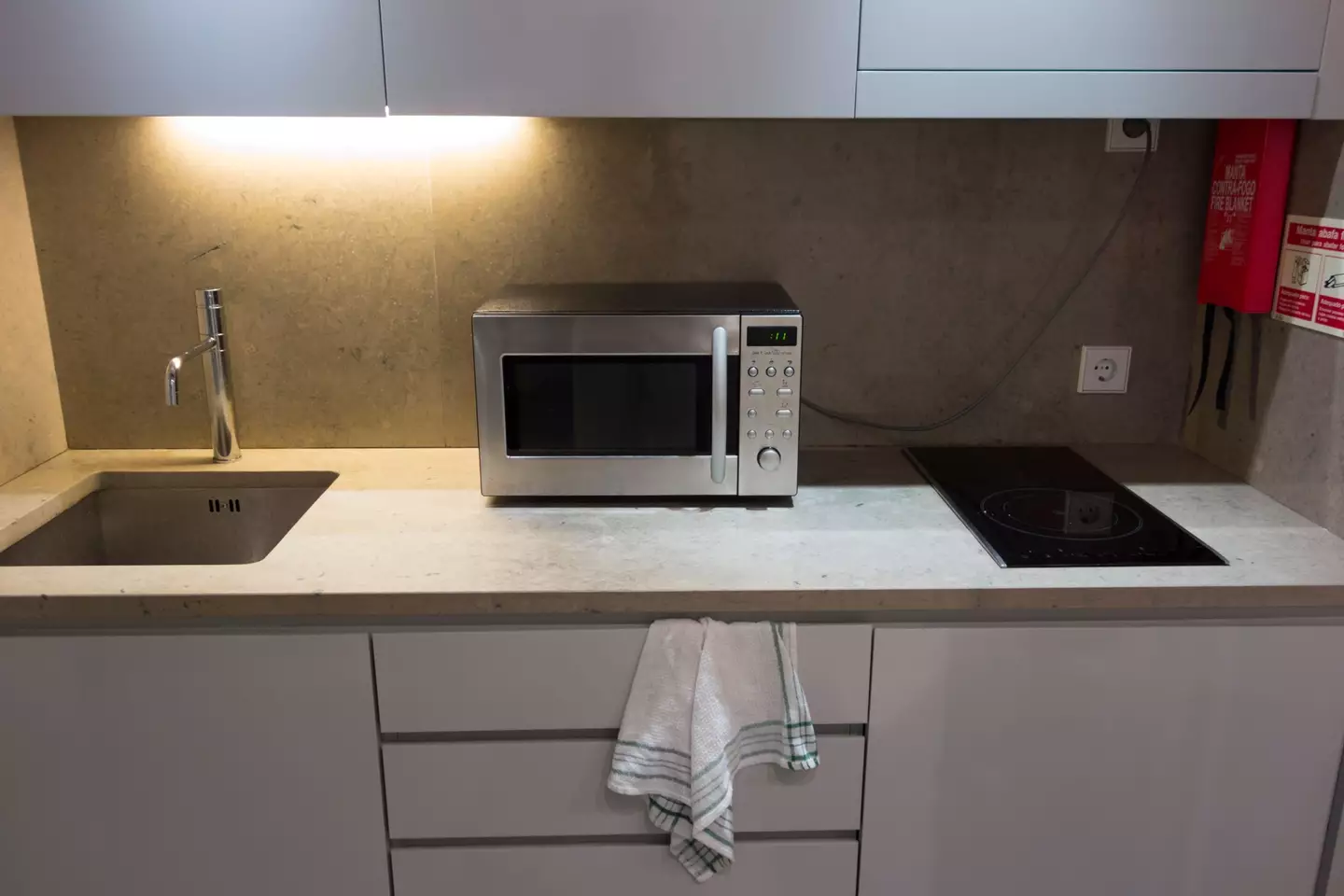
A standard 1000w microwave will cost 3.27p to run for five minutes.
Before the tariff rise, the cost was 2.45p for five minutes.
Whilst we hope that the weather will pick up, if the recent snow is anything to go by some households might not be done with their electric heating for this year, at least.
The bad news is that these are easily the most expensive thing on the calculator to run.
Even the lowest wattage heater will cost £5.88 per week to run, with the top of the list clocking in at £5.04 per day and £35.28 per week.
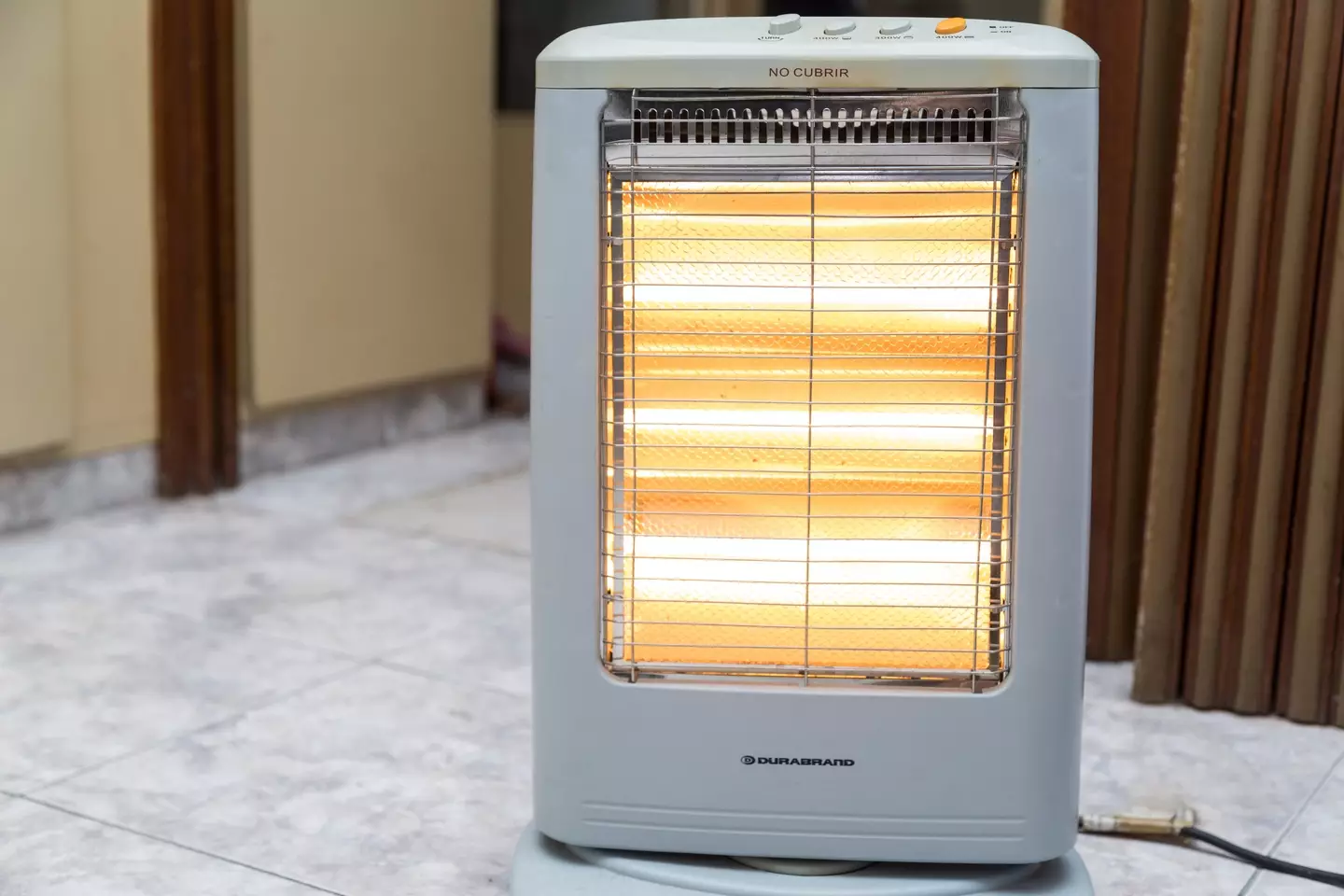
Unfortunately, it seems as if this price rise is here to stay, and the real cost is yet to be told as people struggle to make ends meet against a backdrop of rising costs across the board.
Hopefully this list has given some context to the increase, as well as some ideas on where the damage can be mitigated at least slightly.
If you want to do some calculations of your own, you can do so here.
Topics: UK News, Martin Lewis, Money